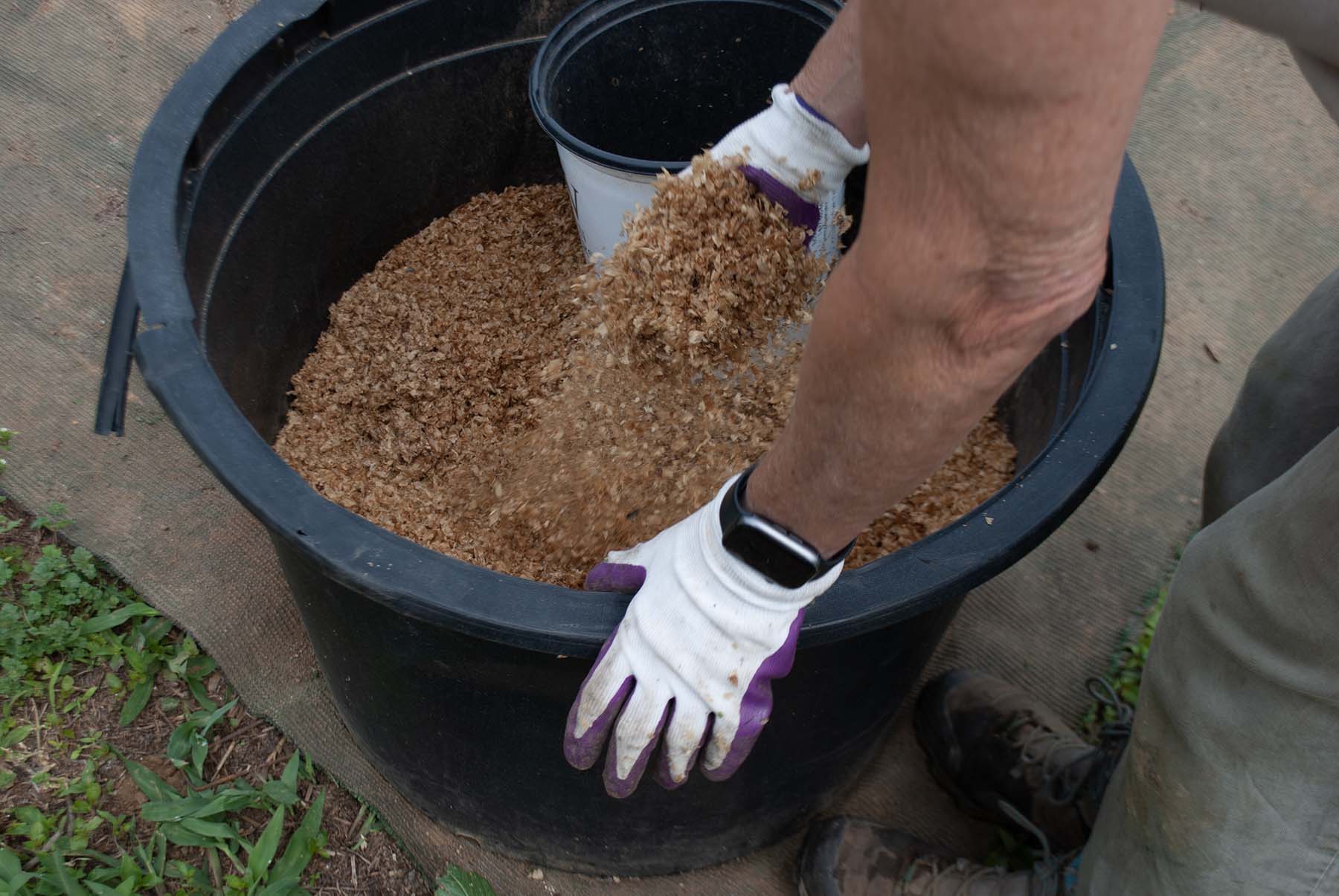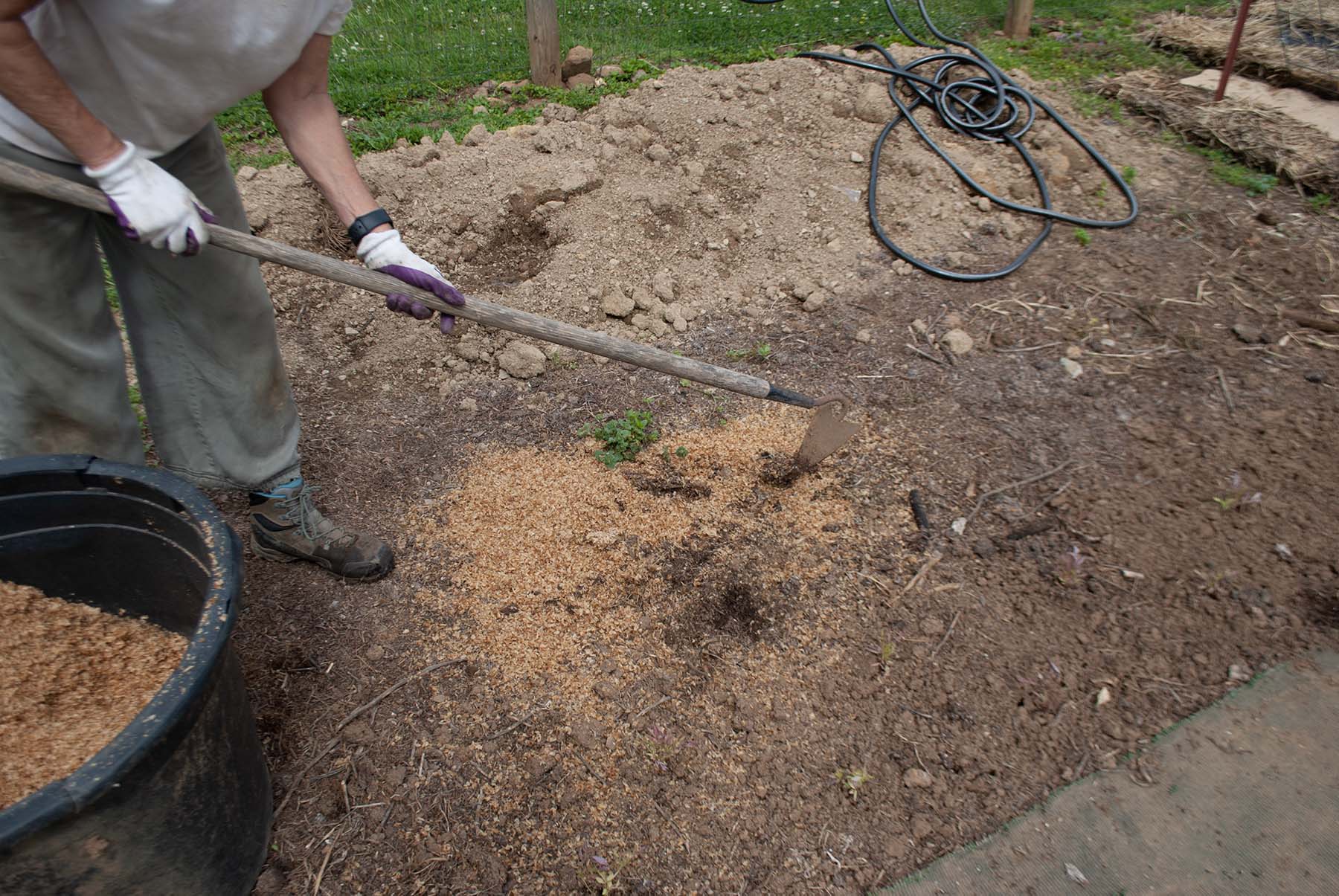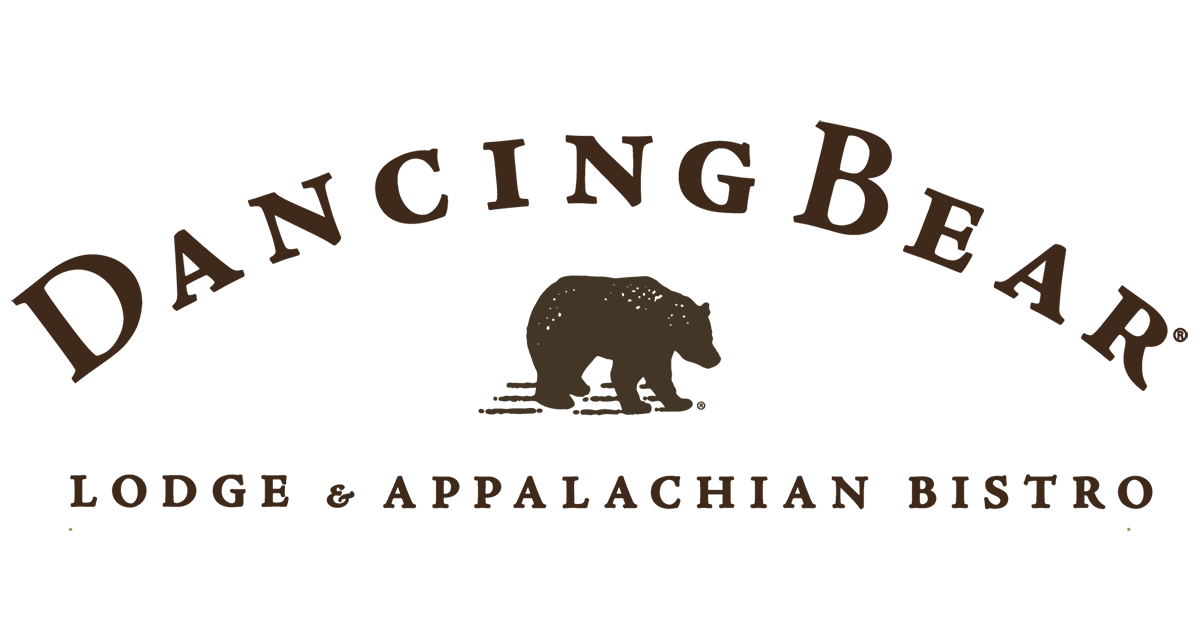In celebration of National Composting Week, we would like to take a moment to highlight the various sustainable practices used at Dancing Bear, primarily in our on-site gardens. Our commitment to reducing waste and nurturing the Earth extends beyond traditional composting methods. We will explore the innovative ways we give back to the environment and enrich our gardens, ensuring a bountiful harvest for our Bistro.
1. Utilizing Fish Carcasses
We embrace the circle of life in our gardens. Fish carcasses from the Bistro are added to the soil, acting as a rich source of nutrients. As they decompose, they release vital minerals and organic matter that nourish the plants. This method not only reduces waste but also enhances the soil’s fertility, promoting healthy plant growth and vibrant produce.
2. Transforming Bones into Flavorful Stock:
We believe in utilizing every part of the ingredients we use in the Bistro, something our Appalachian ancestors have passed down for generations. Rather than discarding bones, we repurpose them to create flavorful stocks that enhance our culinary creations. These nutrient-rich bone stocks, made from the bones leftover in our kitchen, not only add depth of flavor to our dishes but also embody our commitment to sustainability.
3. Harnessing the Power of Vegetable Trimmings:
In true Appalachian spirit, we embrace the philosophy of utilizing every part of the vegetables we use in the Bistro. Vegetable trimmings that would typically go to waste find a new purpose in our kitchen. We transform these trimmings into delicious vegetable stock, infusing our dishes with vibrant flavors. This sustainable practice not only reduces food waste but also embodies our commitment to creating a closed-loop system.
4. Feeding Scraps to Our Chickens
Our commitment to minimizing waste goes beyond the garden. Scraps from the Bistro find a grateful audience in our feathered friends. Leftover food scraps that are safe for our hens are thoughtfully repurposed as feed for our chickens. This practice not only diverts food waste from landfills but also provides our chickens with a natural and varied diet. In return, they play a vital role in our ecosystem by converting food scraps into nutrient-dense manure through their natural digestive processes. We then incorporate this valuable chicken manure into our garden soil. Rich in nitrogen, phosphorus, and potassium, the manure acts as a natural fertilizer, nourishing our plants and promoting healthy growth. This symbiotic relationship not only minimizes food waste but also enhances soil fertility, ensuring our gardens flourish with abundant produce. By partnering with our chickens, we create a harmonious cycle of sustainability that benefits both the environment and our gardens.

5. Repurposing Coffee Chaff
We take pride in the interconnectedness of our establishments. The chaff, a byproduct of roasting coffee beans at the Dancing Bean Coffee House, finds its way into our gardens. This finely textured material serves as an excellent organic mulch, helping retain moisture in the soil and suppress weed growth. As it decomposes, the chaff adds valuable organic matter to the soil, enhancing its overall quality.


6. Incorporating Ashes from the Burn Pile
The ashes from our wood and paper burn piles serve a purpose beyond disposal. They contain essential minerals like potassium, calcium, and phosphorus, which can benefit the garden. When added to the soil, these ashes contribute to pH balance, improve soil structure, and provide necessary nutrients. By thoughtfully repurposing this byproduct, we minimize waste while nourishing our gardens.
At Dancing Bear, we believe that sustainable practices extend far beyond traditional composting. By incorporating fish carcasses, bones, vegetable trimmings, coffee chaff, and ashes from our burn pile, we create a harmonious ecosystem within our gardens. These innovative methods not only reduce waste but also enhance soil fertility, promote healthy plant growth, and yield delicious produce for our Bistro. As we celebrate National Composting Week, let’s remember that small, thoughtful actions can make a significant impact on the health of our planet. Join us in embracing sustainable practices and giving back to the Earth that sustains us all.


